Cyprus falls behind in citizen engagement with parliament
Despite joining the European Union in 2004, Cypriots still have few opportunities to actively participate in parliamentary processes compared with other European citizens.
While the House of Representatives publishes agendas, draft laws and voting records and streams sessions publicly, experiential engagement is minimal. Citizens can visit parliament and attend plenary sessions, and educational visits allow students to learn about parliamentary work and committees, but interactive workshops or opportunities to debate are quite limited.
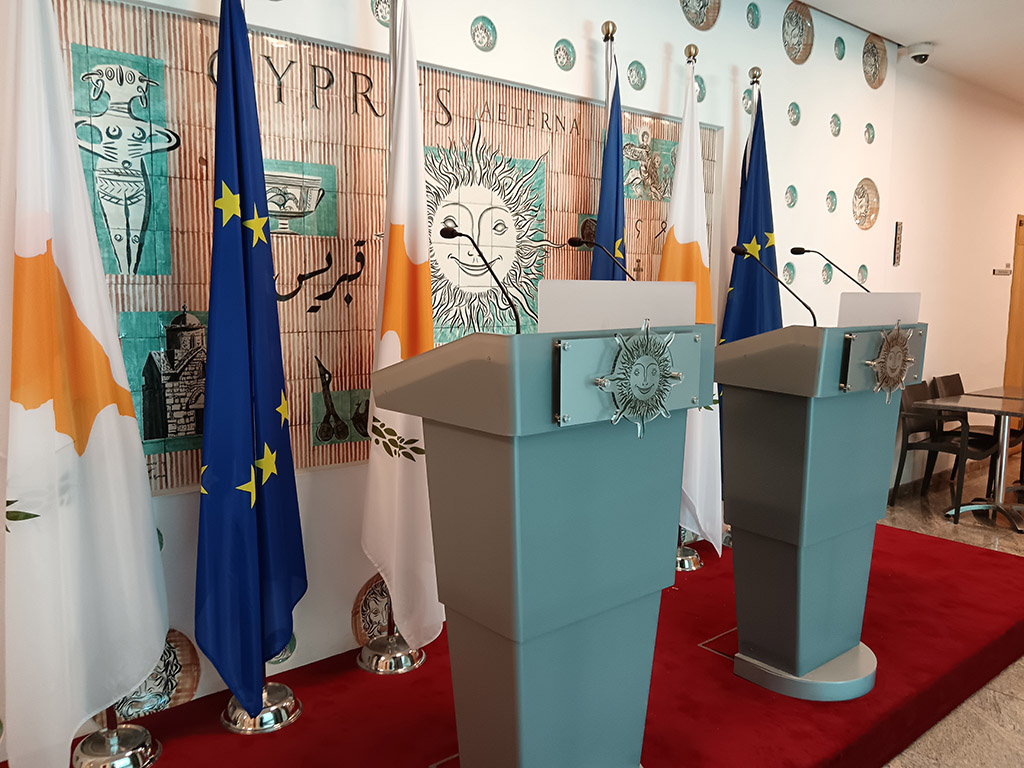
“It is not an impenetrable space,” Disy MP Demetris Demetriou, chairman of the House institutions committee and the commissioner of administration, told the Cyprus Mail. Yet he acknowledged that physical limitations restrict larger-scale initiatives.
“Perhaps in another building, you could have a cafe or exhibition space; the current areas are very limited.”
Across the European Union, the public can initiate legislation through the European citizens’ initiative, petition parliament and engage through interactive visitor centres and educational exhibits, such as those at the Parlamentarium in Brussels. Yet turnout is low, below 51 per cent in 2019, and critics highlight a persistent “democratic deficit”, where citizens feel their input has little impact.
But Wales offers a striking contrast. At the Senedd, the Welsh parliament, even before Brexit and continuing after 2020, public access is embedded in its design. The Senedd, which has 60 members overseeing areas such as health, education and transport, offers free tours, a cafe, children’s play areas, exhibitions, interactive educational programmes and a fully operational petition system. Petitions with 10,000 signatures are debated in plenary, while summer events welcome families and schools.
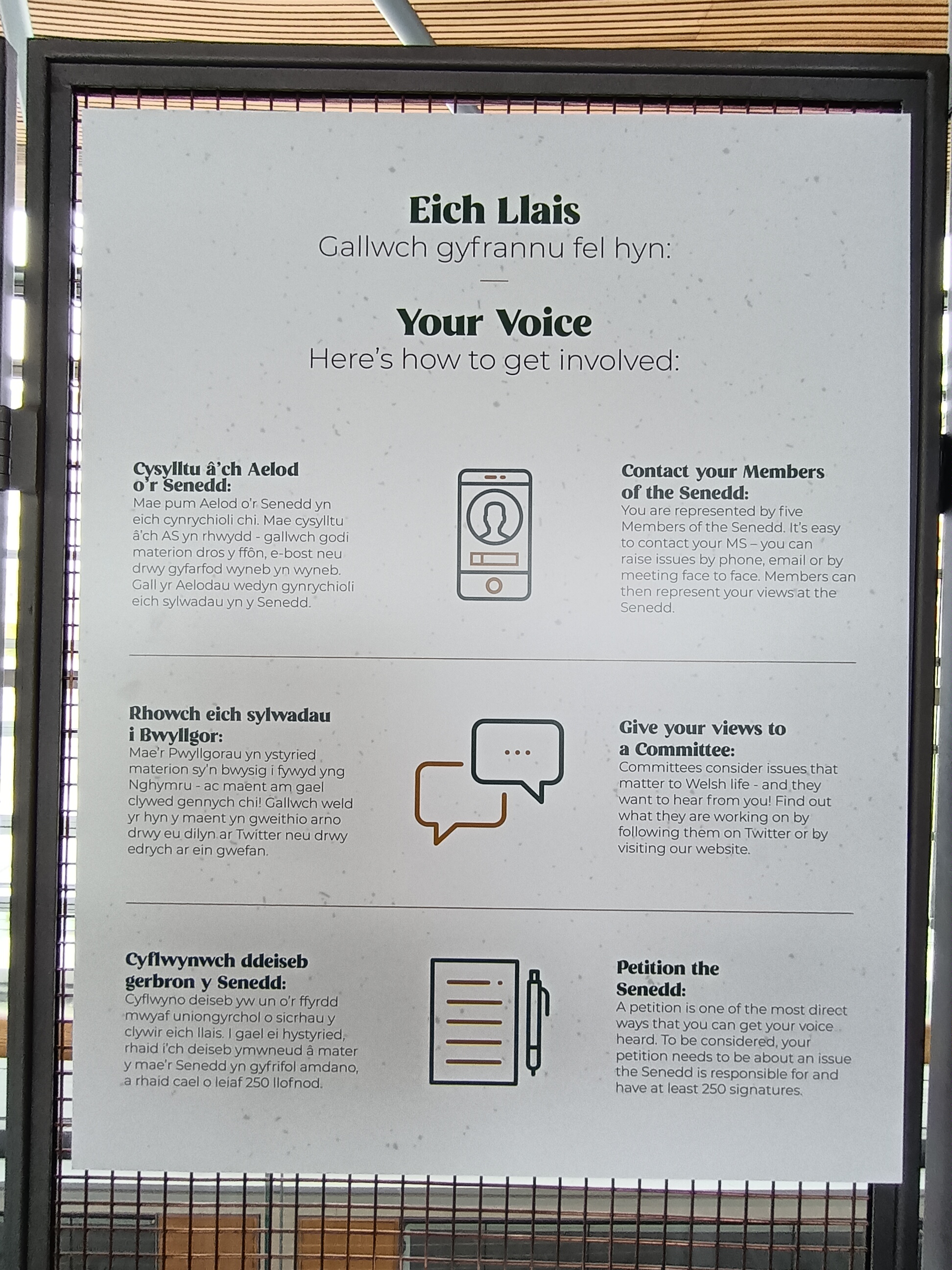
Over 150,000 visitors used the facilities last year, and the cafe holds a family-cafe standard accreditation. Citizens can attend public meetings, enjoy family spaces and submit petitions, all of which are examined and sometimes debated in plenary.
The Senedd links democracy with everyday experience, showing parliament not as a remote institution but as a living, public space. For Cyprus, it demonstrates how engagement could go beyond transparency to meaningful participation.
“The glass building shows what we do, whether they are Welsh and want to know how it affects their lives, or from outside Wales and want to compare with their own country,” Joel Steed, visitor engagement officer at the Senedd, told the Cyprus Mail.
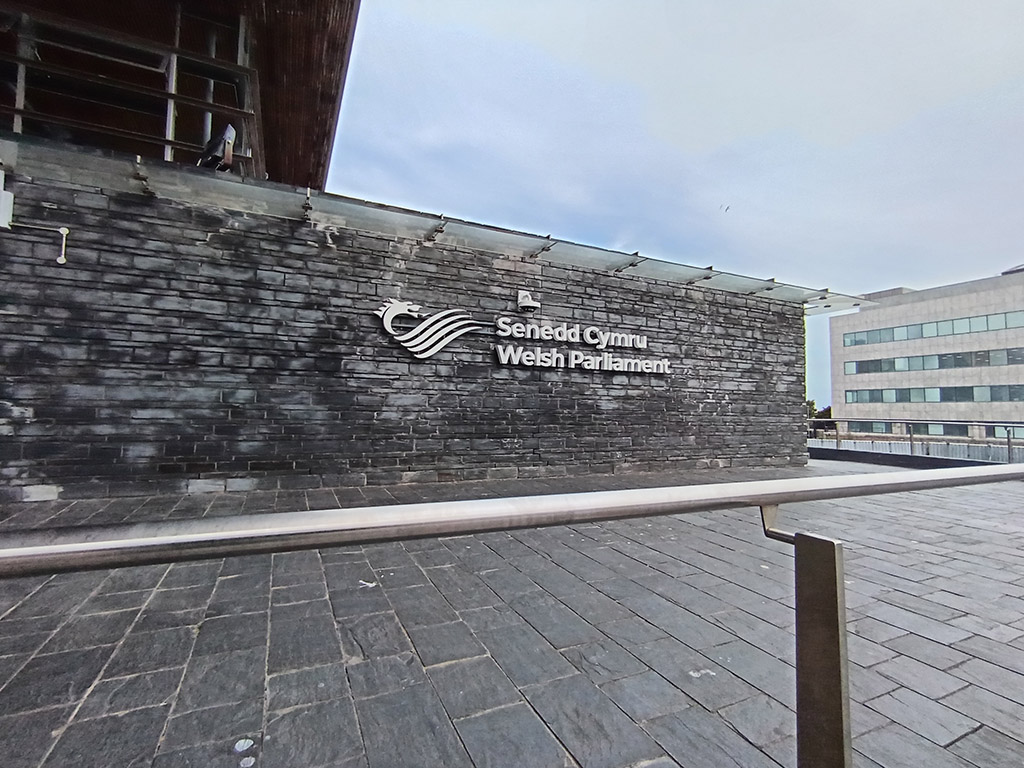
He emphasised that public involvement goes beyond tours.
“Petitions are another important part of public involvement. Visiting should be about engagement, not just a tour. People living in Wales can vote in Welsh parliament and local authority elections from age 16 if they are registered to vote, regardless of whether they hold a British passport.”
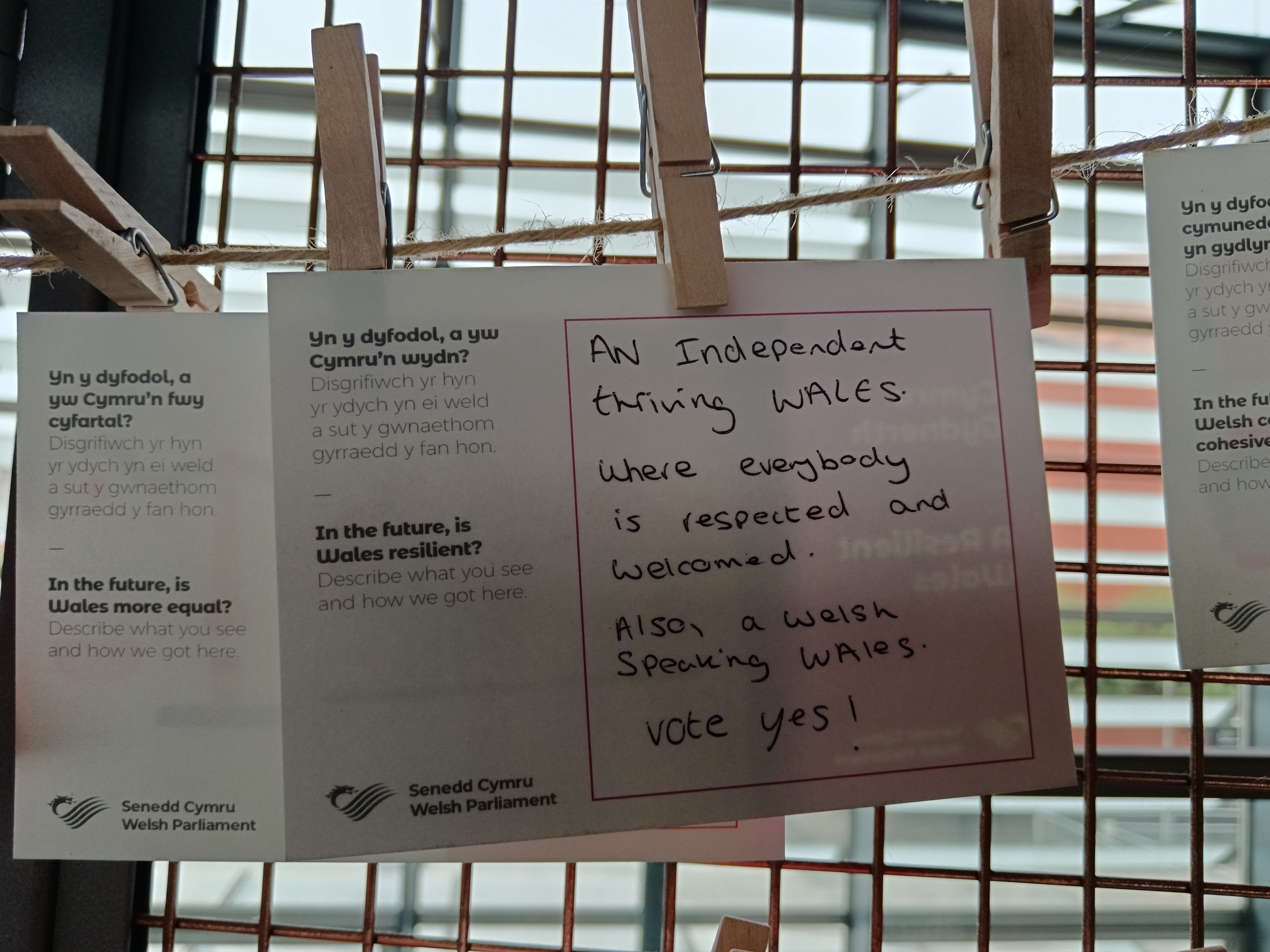
Steed also highlighted the Senedd’s gardens and environmental displays.
“People of my generation didn’t have a Senedd for Wales; everything was run by London. Now, a whole generation has only ever known Welsh politics debated in the Senedd in Cardiff. It’s important to maintain opportunities for preschoolers, childminders, grandparents bringing children, people of all ages, to see this place as open and transparent.”
“A referendum in 2011 on the powers of the parliament had a better turnout than the previous devolution referendum. Over 25 years, more people have seen Welsh politics debated here,” Steed said.
Devolution continues to evolve.
Visitors can also access members directly.
“You can book an appointment with a minister, find representatives using cards with QR codes, and contact them via email or social media. It’s important that people feel represented,” Steed said.
For example, the summer programme included exhibitions celebrating diverse cultures, such as West Monmouth School’s Wanderlust, exploring the Gypsy and Traveller community.
Rob, a barista at the parliament cafe, highlighted family-friendly features.
“It’s more about our play area. We’re apparently the only parliament with a children’s space, directed at toddlers. Many single mothers use it, and they can bring their own things. It’s safe for families.”
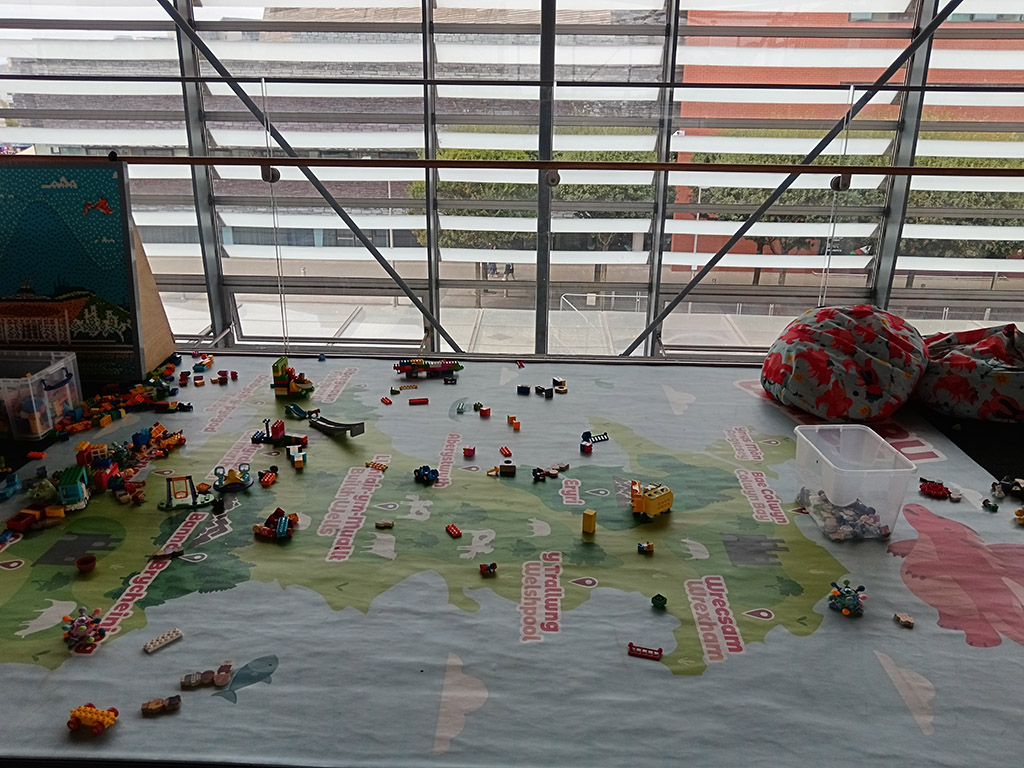
Local assembly members are approachable too.
“If I have a problem with work, I can email my assembly member, and their team will guide me to the right support, even if they cannot help directly.”
Back in Cyprus, Demetriou explained that while people have limited channels to influence legislation, some progress has been made. He cited a bill under the Anastasiades administration that would have allowed citizens to submit issues via signature to prompt the government to draft legislation.
“It was eventually pulled back. The current Christodoulides government reintroduced it, but I am not sure at what stage the discussions are,” he said.
He also noted some MPs have proposed a similar mechanism for parliament itself.
“If tomorrow you raise a topic that I believe is serious and logical, I can draft a bill myself, without signatures or pressure, and if I convince 27 colleagues, it can be voted on,” Demetriou said.
He added that for the executive branch, “this lever of citizen pressure should be regulated and implemented.”
Plans to improve accessibility include live broadcasts of committee sessions and initiatives similar to the parliament’s committee on petitions. Despite improvements over the last four to five years, including student internships and organised visits from all levels of education, gaps remain. Educational programmes remain largely passive, without workshops or opportunities for the young to actively participate in debates. Public spaces such as cafes, exhibitions or libraries are still absent.

Speaking to the Cyprus Mail, senior officer for research, studies and publications at the House of Representatives, Panayiota Chatzisimou, explained:
“The programme provides the opportunity for undergraduate and postgraduate students from higher education institutions in Cyprus and abroad to participate. It is modelled on foreign parliaments and European Union institutions.”
The summer internship runs for two months, with pupils able to participate for two weeks if at least 17 years old. Participants are placed according to their academic background; for example, law students join the House committees service, philology students join the research, studies and publications service. Chatzisimou added that once the programme ends, participants cannot continue as volunteers, though exceptions have been made for observation of sessions.
Demetriou described the Cypriot parliamentary building as a major challenge.
“The building is essentially a reconstruction of the old Information Office from British rule. A new building was proposed in 1995, but for decades progress was blocked by the Department of Antiquities due to discoveries of ancient remains. Suggestions to relocate parliament or repurpose the old municipal theatre were considered. When an agreement was reached with the Department of Antiquities on protecting antiquities, the pandemic struck. The former House president, Demetris Syllouris, allocated about €100 million to address the crisis, and the project was paused.”
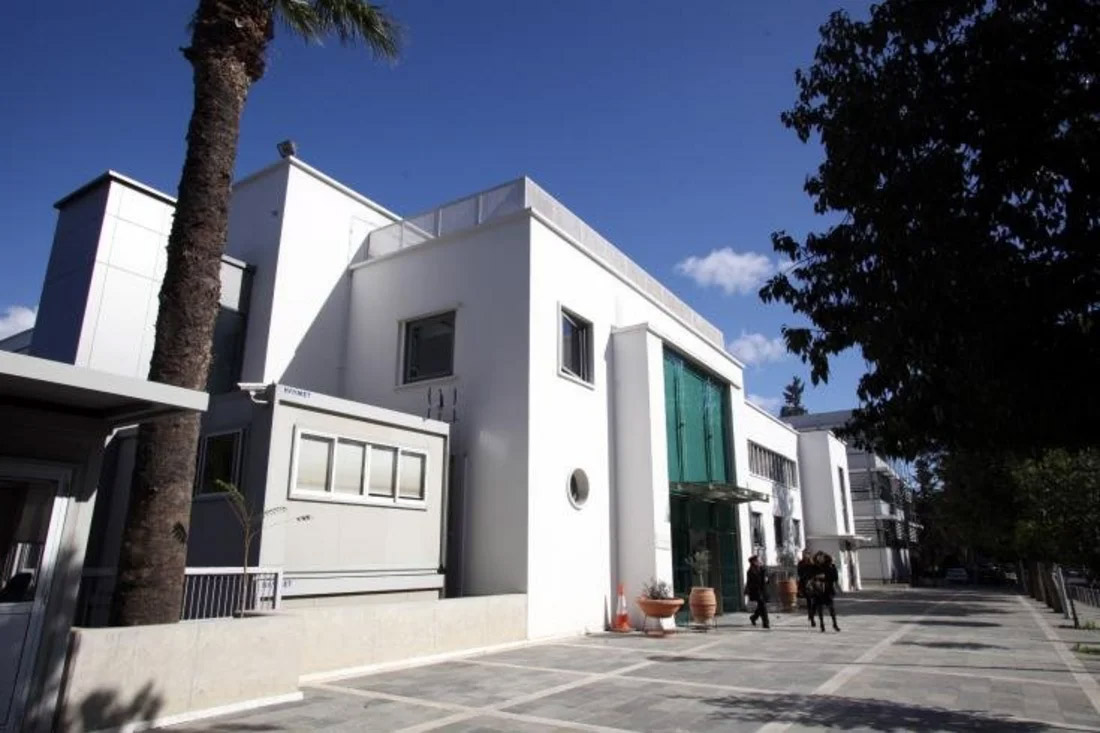
In an interview with the Cyprus Mail, Disy MP Harris Georgiades, chairman of the House foreign affairs committee, said limited influence over the House may contribute to citizen disengagement.
“Abstention in Cyprus is comparable with abstention in other democratic countries. I’m not saying it is pleasant, it is not, but it is a fact. It is particularly easy in Cyprus, much easier than in a large European democracy, to have contact with your MP and raise an issue.”
Yet he remained cautious about its effect on voter engagement.
“So my answer is, I’m not sure if it would change anything.”
The comparison with Wales is striking. Despite being the smallest country in the UK, Wales covers an area of approximately 20,779 square kilometres, while Cyprus spans about 9,251 square kilometres. While the size disparity is relatively modest, the approaches to public engagement in their respective parliaments differ significantly.
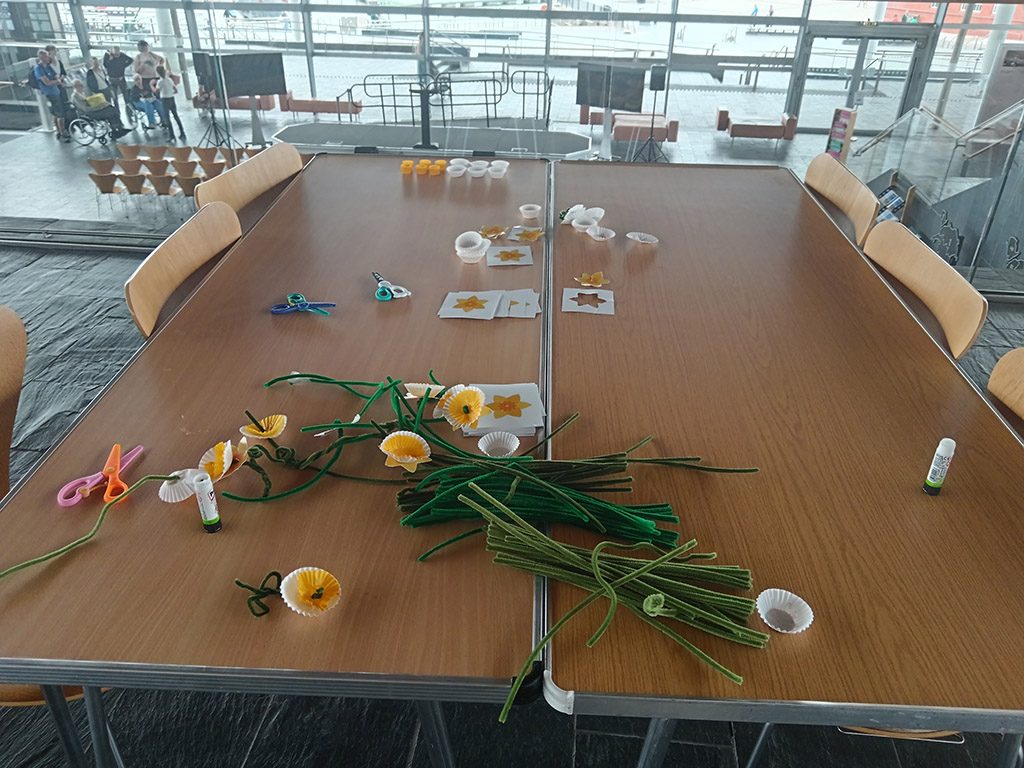
At the Welsh parliament, citizens can attend public meetings, access committees, enjoy cafes and family spaces, and submit petitions, all of which are examined and sometimes debated in plenary.
The Senedd links democracy with everyday experience, showing parliament not as a remote institution but as a living, public space. For Cyprus, it demonstrates how engagement could go beyond transparency to meaningful participation.
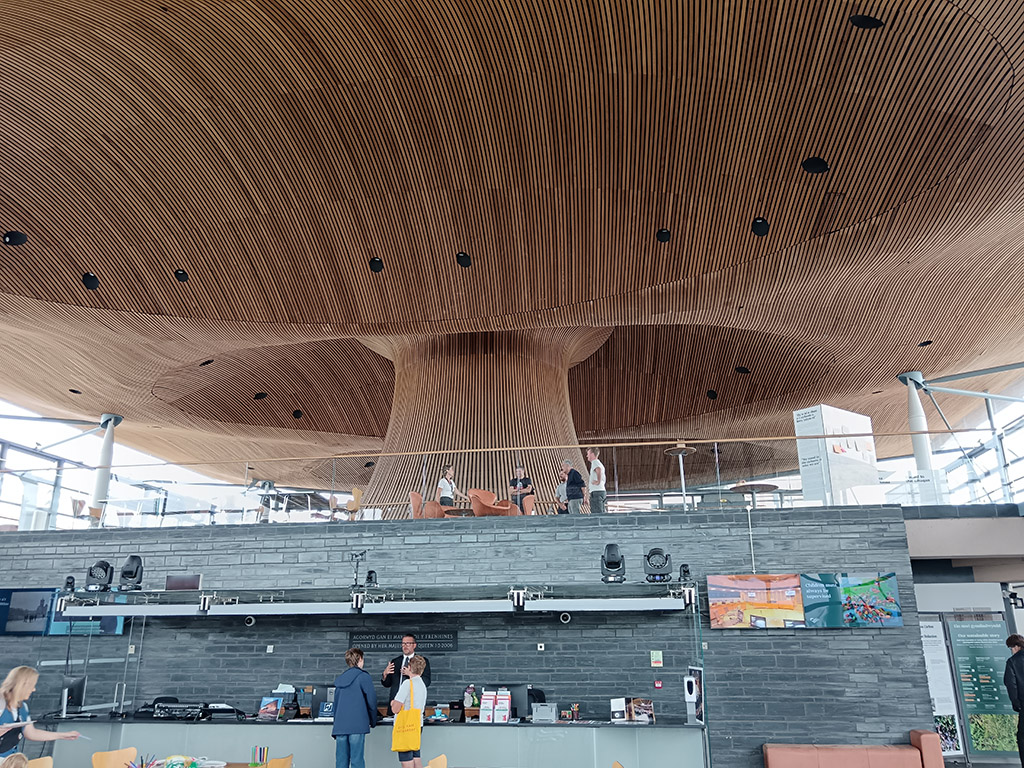





Click here to change your cookie preferences